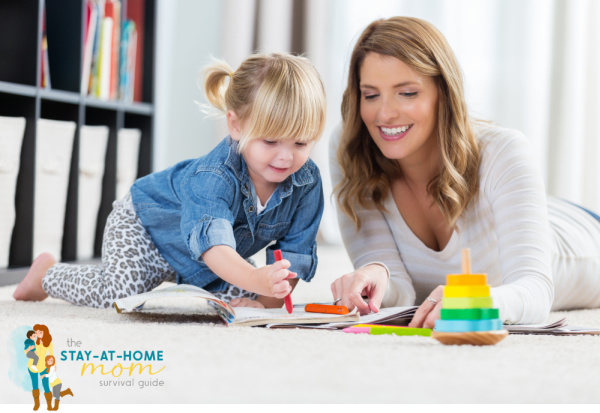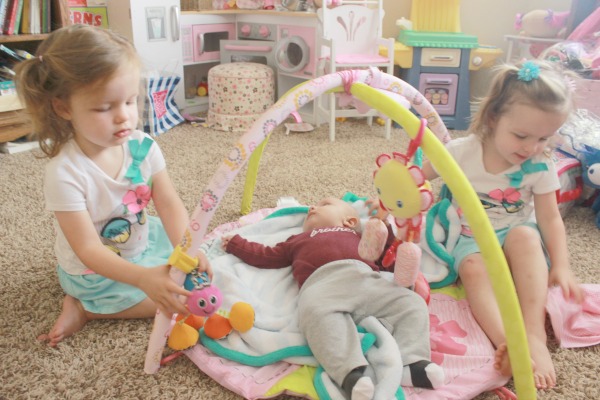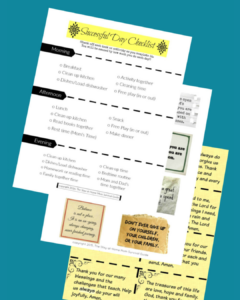As a new parent, keeping your baby comfortable is a key component of proper care. In addition to making your baby happier, it will play a huge role in their development. Better still, the knowledge that your little angel feels comfortable should put a lot of your parenting fears to bed.
It is an ongoing daily challenge but focusing on the following factors should point you in the right direction.

How to Keep Your Baby Comfortable
#1. Stay On Top of Health Issues
Nothing will make your child feel as uncomfortable as health issues. Infants are prone to a lot of minor illnesses as they are still building their immune systems. Without becoming over-reliant on them, having the right medications in your home is key. It can help combat the symptoms of viral infections, colds, and related problems.
Infants can also pick up a lot of skin irritations, which cause major discomfort. You can stay on top of them with items like cradle cap shampoo and cream. While the issues will often correct themselves without interference over time, this can aid enhance your baby’s comfort.
On a side note, gaining control of the situation also supports your child’s appearance.
While they may cause temporary discomfort, keeping up to date with your child’s vaccinations must be high on the agenda too.
#2. Keep Your Baby Fed & Changed
When considering daily care, it’s important to recognize that babies spend most of their time eating and pooping. Therefore, you must ensure that your baby is fed and changed throughout the day. Otherwise, they will feel uncomfortable due to a combination of hunger and soiled diapers. For starters, most newborns feed every two hours.
The good news, however, is that milk is their only food source at this time. Even when breastfeeding, expressing allows you to store milk for feeds when you’re not around. As for changing, a good changing mat should be high on the agenda. When coupled with the right size of diapers and creams to stop rashes, your baby will be far happier.
Babies often urinate almost immediately after you change them. It is a little frustrating to deal with this, but it’s vital that you do. Otherwise, skin irritations will follow.
#3. Ensure That Your Baby Gets Enough Sleep
Even as adults, a lack of sleep can cause irritability and mood swings. Naturally, the effects of exhaustion are infinitely worse for infants. Sleep is essential for a child’s development while a lack of it causes various issues for babies and older kids alike. These include attentiveness, hyperactivity, aggression and disruptive behavior.
Infants sleep for up to 16 hours per day while newborns may sleep for up to 18 hours. While they are average figures, dropping too far below these will cause discomfort for your child. Worse still, the symptoms aren’t always visible. While your baby won’t sleep for that long in one go, you should encourage them to get the right amount of sleep over each 24 hours.
The benefits of getting enough sleep will support your baby in the immediate future as well as their long-term development. It’ll create a situation for you to get more sleep too.
#4. Help Regulate Your Child’s Temperature
Keeping your baby warm without the risk of overheating is another key responsibility to address. Babies and even toddlers struggle to express the fact that they are feeling too warm or too cold. So, you must take it upon yourself to choose the appropriate attire for each situation. Likewise, you must stay responsive to signs of potential discomfort.
When enjoying outside activities for babies, it’s best to give your child one layer more than yourself. Meanwhile, it is important to remove excess layers when returning indoors or entering a warm vehicle. Perhaps most importantly, you must ensure that the temperature in the bedroom is suitable. In most cases, somewhere between 16°C and 20°C is optimal.
Your child’s temperature will often be one of the first things to increase when they are feeling ill. So, monitoring this with a thermometer is a proactive step to better care.
#5. Embrace Massages
When your baby is uncomfortable, it will often be due to digestive issues or the fact that they are unable to reposition themselves easily. Thankfully, parents can support their children through simple baby massage techniques. Aside from relieving trapped wind, it can aid circulation and relax their muscles. It can also ease them into sleep.
Baby massage also strengthens the bond between parent and child. This quick guide on how to do it safely will allow you to unlock the full benefits for yourself as well as your baby. It can become a part of your daily routine while also serving as a way to reduce various forms of discomfort. From newborns to toddlers, infants will respond very well to this move.
In fact, your child may begin to feel soothed as soon as you get them in the position for a baby massage as they become familiar with the process.
#6. Try New Soothing Techniques
As well as feeling uncomfortable due to irritability, many babies are simply fussy. Whether they’re struggling to sleep or need stimulation, various soothing techniques are available. While it may take some time to determine what works for your baby, the trial and error process should lead you to positive outcomes.
Babies may respond well to swaddles, as they mimic the warmth of a hug. Swinging, shushing, singing, and other techniques may also work wonders for your child. Once you find something that works, it’s best to stick with it until it no longer does. Sometimes an idea will work for months. In other situations, it may only work for a few days.
Either way, knowing how to comfort an agitated baby is essential. After all, preventing discomfort isn’t always a possibility. This is your best backup by far.
#7. Provide Comfortable Surroundings
For most babies, peaceful surroundings are the preferred option. This is especially true at home, and should not be limited to sleeping habits. A nursery with soft furnishings and color schemes will work well. It creates a better environment for play, relaxation, and getting changed. Gentle lighting and sounds also feed into this very well.
The right decor is a great starting point, but you need to think about the household dynamic too. Sudden sounds and heavy movements can disrupt your baby. Likewise, they will pick up on arguments and related issues. So, avoiding them is highly advised. As mentioned already, climate control is another issue that deserves a lot of attention.
An infant should not be left alone due to safety issues. However, they will also pick up on this and not like it. So, it will be a key step towards avoiding stressful situations.
#8. Learn Your Baby’s Different Cries
Babies will let you know when they are uncomfortable via crying. However, the big challenge stems from trying to determine the problem in question. As a parent, learning to identify each one will allow you to implement the right response in the fastest time. This will naturally soothe your child and leave them feeling comfortable and happy.
Experts state that there are five types of baby crying for parents to understand. They are hungry, discomfort, pain, sickness, and colic. It is suggested that each has a distinct sound and will be accompanied by a specific body language. While it can certainly provide guidance, you will naturally learn to pick up your child’s individual cries over time.
Communication is key to any winning relationship, not least between parent and child. Master this aspect of active listening and the rewards will become clear.
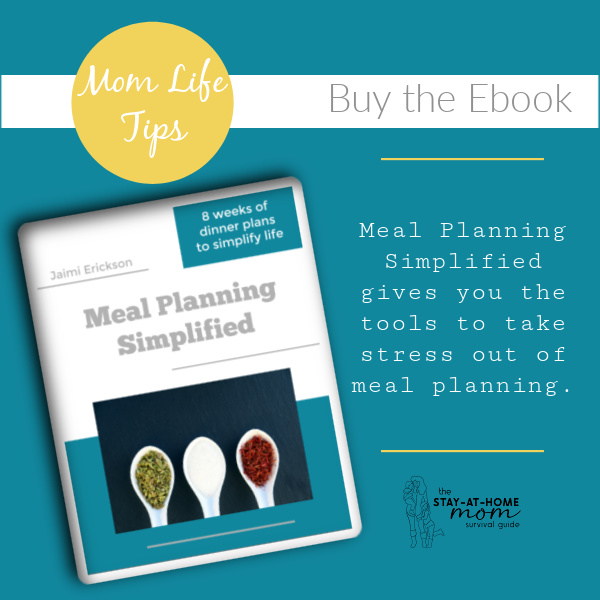
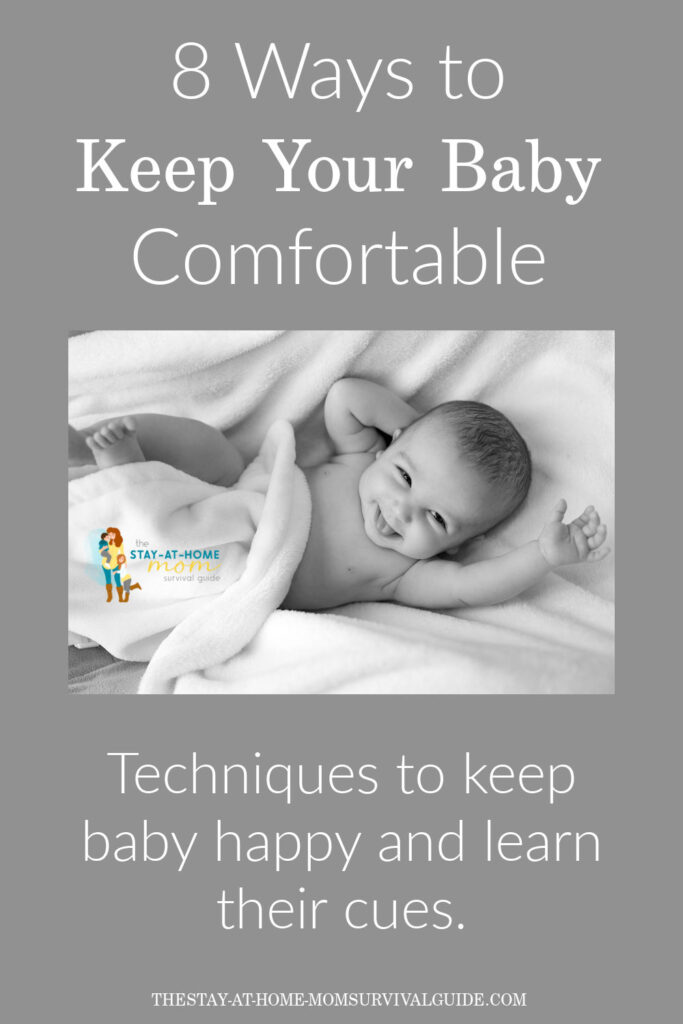
Image source: https://pixabay.com/photos/bed-baby-newborn-child-blanket-1839564/


